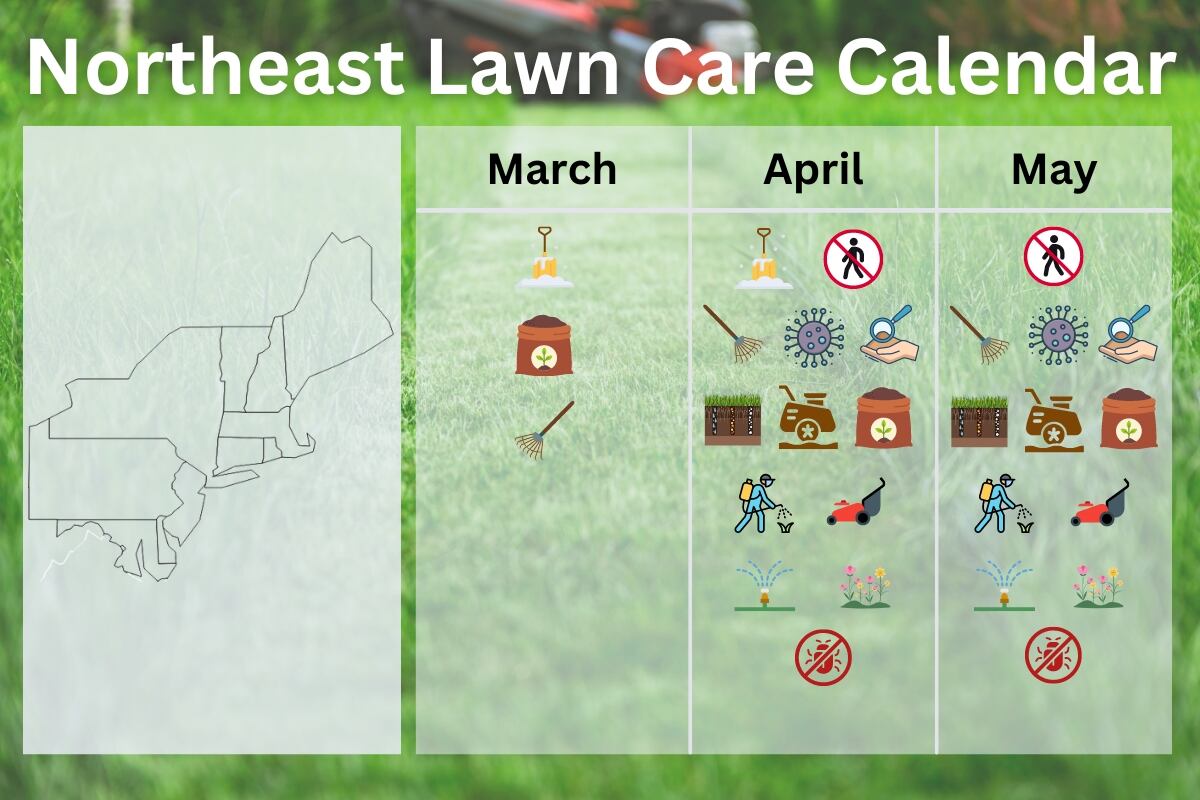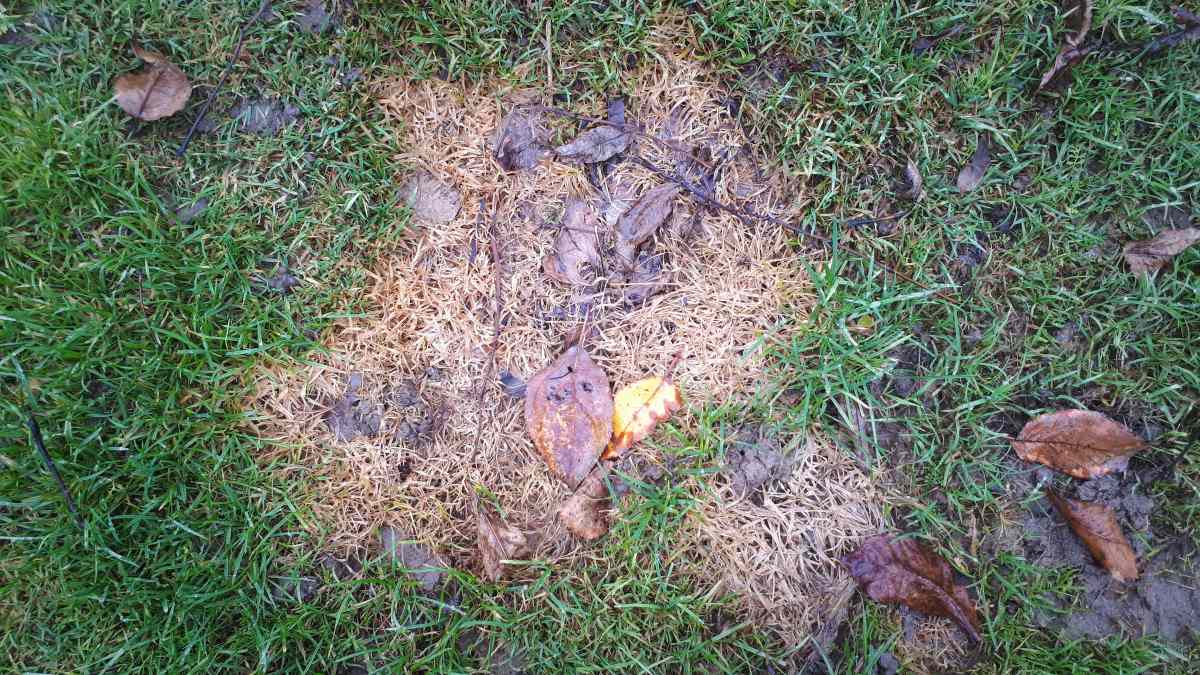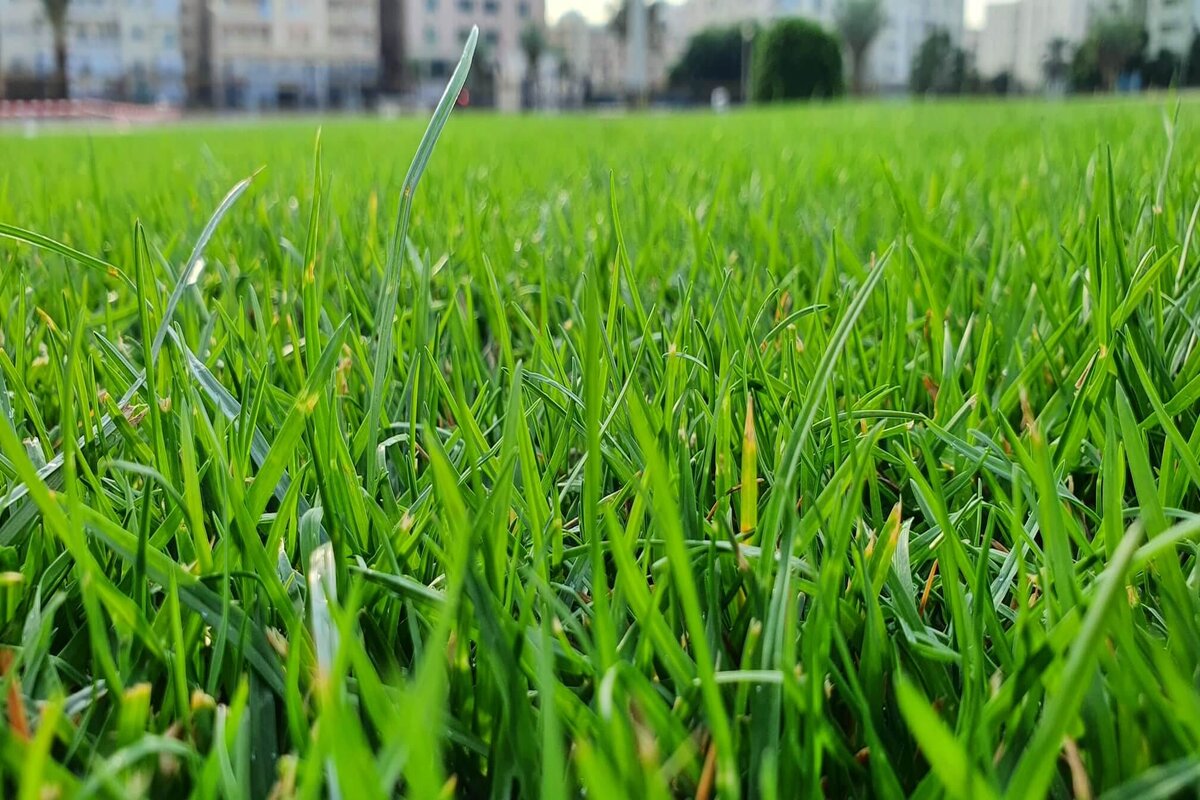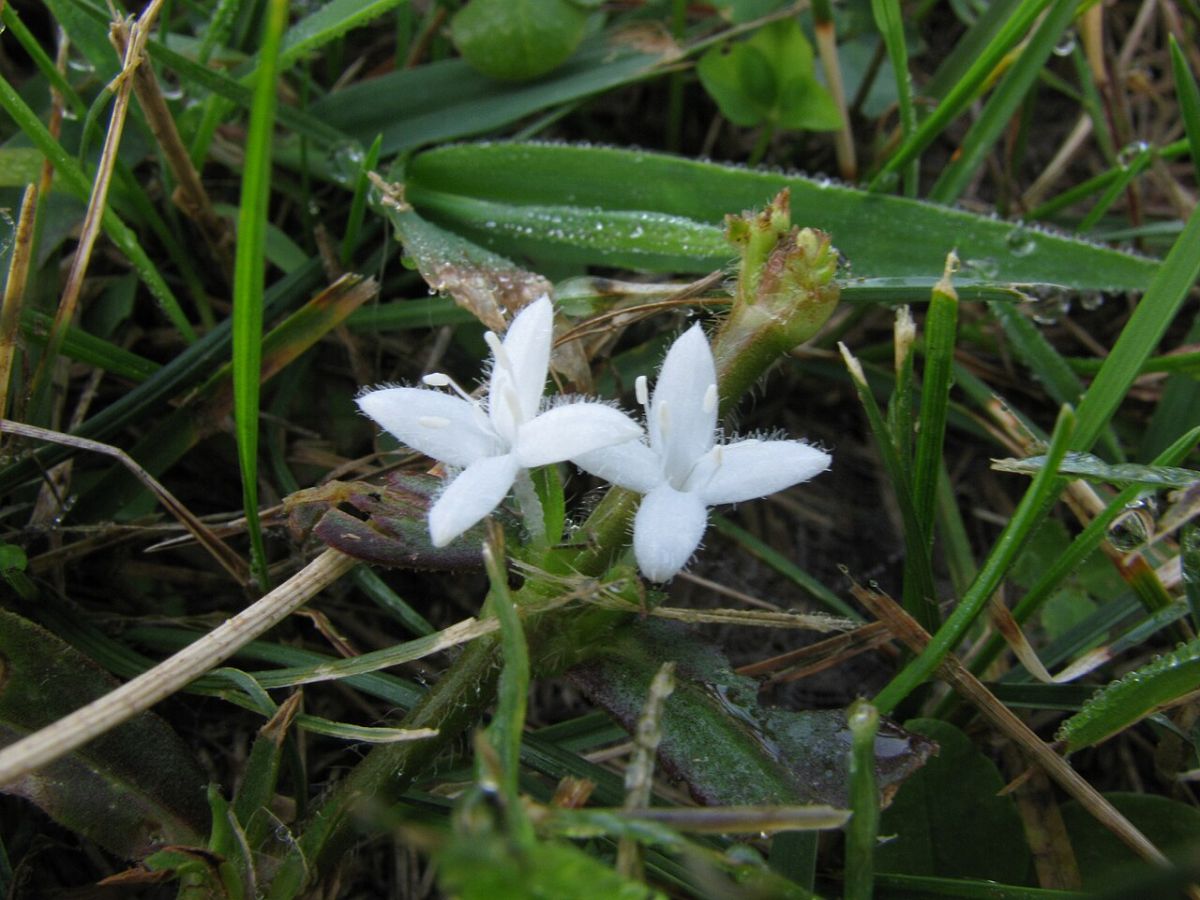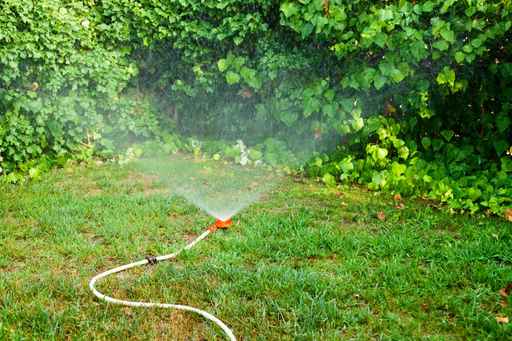
If your lawn is looking drab and patchy, one of the most effective ways to fix that is to invest in overseeding. What is overseeding? It’s a simple concept. Overseeding, also called reseeding, is the process of adding more grass plants to your existing lawn. It will help to thicken and increase the density of your lawn. It will most certainly improve your lawn’s appearance and has the added benefit of protecting your lawn against damage from insects and diseases. According to Lawn Care Academy, “this one step will do more to improve the quality of your lawn than almost anything else you can do.”
Is it necessary to overseed my lawn?
We believe so, yes. Some types of grass will benefit more than others (cool season grasses), but all types will benefit. After some years, mature plants slow down their production rates. Given enough time, what was once a young and vibrant lawn becomes an old and sparse lawn, with a slower production rate. Overseeding your lawn is a simple way to make sure your lawn is young, lush, and vibrant.
When should I overseed my lawn?
While it all depends on the type of grass you have, most people should overseed in late summer or fall. A solid heuristic is as soon as you get 50-60 degree nights and before the leaves begin to fall from the trees. The same goes for Virginia area lawns. David Beazley of GroundGuys says, “I would have to say same rule applies; late summer or early fall and before the leaves come down.” The reason for this is because germinating in the fall, your grass has 2-3 months to better establish itself before the lower temperatures stop its growth. With the right amount of moisture, fertilizer, and sunlight, this is the perfect time window before the weather cools down. In addition, the young grass will have a few months to develop deeper roots the following spring before the summer heat hits. According to We Only Cut Grass, “by overseeding in the fall rather than the spring, you are essentially giving your grass a head-start.”
So you’re ready to overseed? Here are some quick tips:
-Cut your grass about a half inch shorter than you normally would (to a height of 2 inches or lower, Beazley says).
-Use a core aerator on the property (make sure the soil is soft enough.) Core aeration relieves soil compaction (compacted soil makes it difficult for grass to grow, and it makes overseeding very difficult), and it also increases the gas and water exchangeability among the roots of your lawn. Aerating will also guarantee there is plenty of available soil for your grass seed to find. Overseeding after aerating is
a no-brainer, and it is the best possible time to do so, according to our Gaithersburg lawn care partners.
-Apply soil amendments: Lime, Fertilizer, milky-spore etc. With new seed, you may want to use a starter fertilizer which has phosphorus and potassium.
-Apply seed. A popular tool is a slit seeder, but using a spreader as an alternative is acceptable. A good approximation for the amount is to apply 6-8 lbs per 1000 sq ft, although it varies on climate and yard conditions.
-Start with high-quality seed. Choose a seed that’s suited for condition (Have kids? Invest is high traffic seed. Don’t get a lot of sunshine? Shade-tolerant seed might be the way to go.)
-Give it a good amount of water, and keep the soil moist (not soaked) through germination. Set your sprinkler to run approximately 2-3 times per day. (Don’t overwater, though, as this will damage the lawn, Beazley says).
-You should do this every year until your lawn is thick and healthy. Then, you should overseed every couple years after that, according to our Woodbridge lawn care partners.
-Your new grass seeds will need starter/organic fertilizer. There are many options available, and what you choose to put on your lawn will be dependent on many factors of personal choice. Make sure you do some extra research and consulting.
If you’d like to improve your lawn by overseeding, check out LawnStarter’s easy, affordable, and reliable lawn care options.
